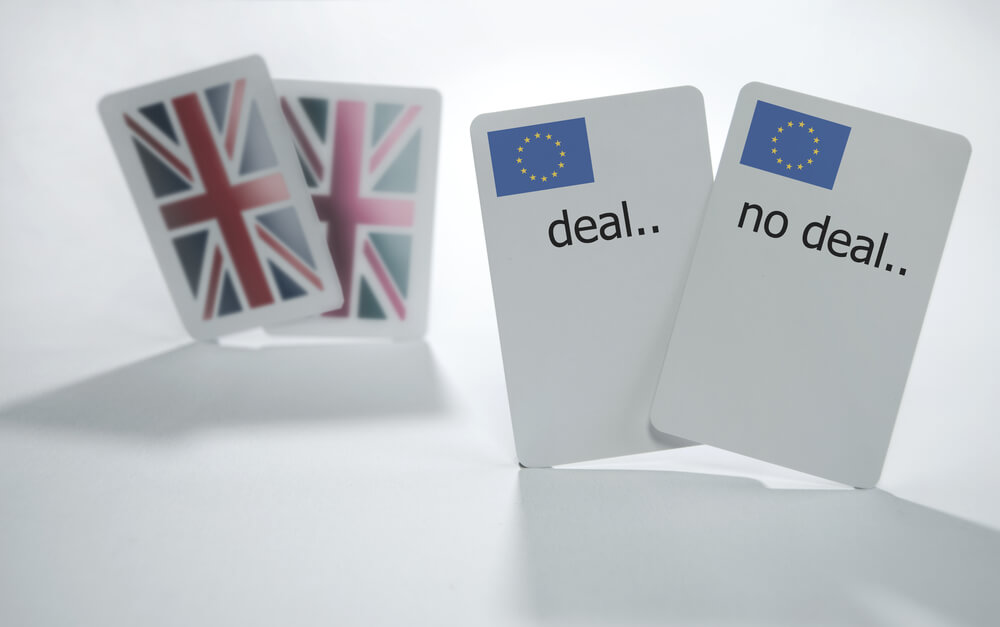Be prepared for a 'hard' Brexit, delegates at TOPRA Roundtable told
Posted on 18/06/2018
Regulatory affairs professionals and stakeholders met on 14 June 2018 at TOPRA’s headquarters in London, UK, to discuss challenges facing the profession as Brexit approaches.
Although there are fewer than 10 months before the UK officially leaves the EU on 29 March 2019, details of the proposed transition agreement remain unclear, and it is expected that negotiations will be ongoing right down to the wire.

Concerns have been expressed that the terms for the UK withdrawal agreement, which are subject to ongoing negotiations until later this year, will not be as accommodating as hoped. Therefore, companies which rely on the UK for EU regulatory support will be scrambling to complete their pre-Brexit preparations by January 2019.
Delegates at the meeting discussed the consequences of Brexit for regulatory processes, which are far-reaching. It is expected that the EU will progressively write out the UK as a partner within its network for healthcare product regulation (eg, the UK will no longer be rapporteur or co-rapporteur for centralised procedures, and participation in key member state competent authority or European Medicines Agency [EMA] meetings will be reduced). Also, both the EMA and the UK Medicines and Healthcare Products Regulatory Agency’s (MHRA) workload will change, and the MHRA’s role as a national regulator is expected to change significantly post-Brexit.
A number of other key issues were discussed, including:
- Batch release and compliance testing (would UK-tested batches be exempted from re-testing in the EU? If not, there are possible implications with product availability in the European Economic Area)
- Separation of UK portion of centrally approved marketing authorisations
- Transfer of reference member state from the UK to other member states
- The risk of duplication of effort or divergence of regulatory requirements
- Potential need for relocation of qualified person responsible for pharmacovigilance (from the UK to the EU)
- Will there be mutual recognition for medicines and devices between the EU and UK?
- EU Clinical Trials Register and the UK’s involvement and access to this after Brexit.
Given the lack of clarity and progress with the Brexit negotiations, only speculations can be made as to how the regulatory sector would be affected, making contingency planning difficult. However, it is certain that, after Brexit, the UK will be considered a third country by the EU.
The “take home” message for delegates was that the profession and its allied partners should not rely on a transition period (if there is one) for business planning, and that everyone should be prepared for the most challenging outcome (ie, a “hard” Brexit where a no-compromise deal could be reached between the EU and the UK).
Delegates shared the preparations they had already made and exchanged hints and tips as practical approaches. The vital role of regulatory professionals on continuing corporate success at this time was emphasised.
The next TOPRA Brexit Roundtable, focused on clinical development, will be held on 19 July.
TOPRA's first Brexit Roundtable, on medical devices, was held on 18 May 2018.